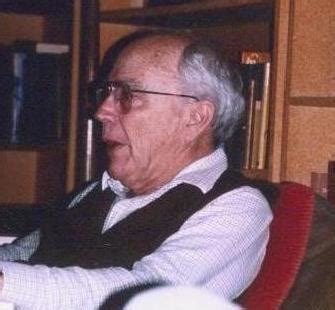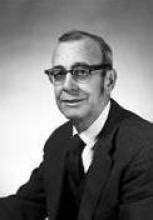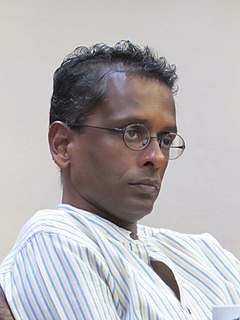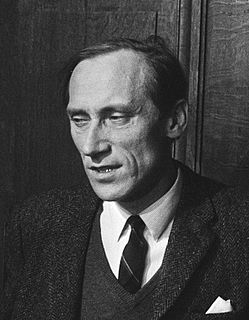A Quote by Mortimer Adler
The philosopher ought never to try to avoid the duty of making up his mind.
Related Quotes
Once in his life, a man ought to concentrate his mind upon the remembered earth, I believe. He ought to give himself up to a particular landscape in his experience, to look at it from as many angles as he can, to wonder about it, to dwell upon it. He ought to imagine that he touches it with his hands at every season and listens to the sounds that are made upon it. He ought to imagine the creatures there and all the faintest motions of the wind. He ought to recollect the glare of noon and all the colors of the dawn and dusk.
I think that the philosopher must, for his own purposes, carry methodological strictness to an extreme when he is investigating and pursuing his truths, but when he is ready to enunciate them and give them out, he ought to avoid the cynical skill with which some scientists, like a Hercules at the fair, amuse themselves by displaying to the public the biceps of their technique.
Idleness is often covered by turbulence and hurry. He that neglects his known duty and real employment naturally endeavours to crowd his mind with something that may bar out the remembrance of his own folly, and does any thing but what he ought to do with eager diligence, that he may keep himself in his own favour.
Every man and woman in society has one big duty. That is, to take care of his or her own self. This is a social duty. For, fortunately, the matter stands so that the duty of making the best of one's self individually is not a separate thing from the duty of filling one's place in society, but the two are one, and the latter is accomplished when the former is done
A man's first care should be to avoid the reproaches of his own heart; his next, to escape the censures of the world: if the last interferes with the former, it ought to be entirely neglected; but otherwise there cannot be a greater satisfaction to an honest mind, than to see those approbations which it gives itself seconded by the applauses of the public.
It is the man of science, eager to have his every opinion regenerated, his every idea rationalized, by drinking at the fountain of fact, and devoting all the energies of his life to the cult of truth, not as he understands it, but as he does not yet understand it, that ought properly to be called a philosopher.







































